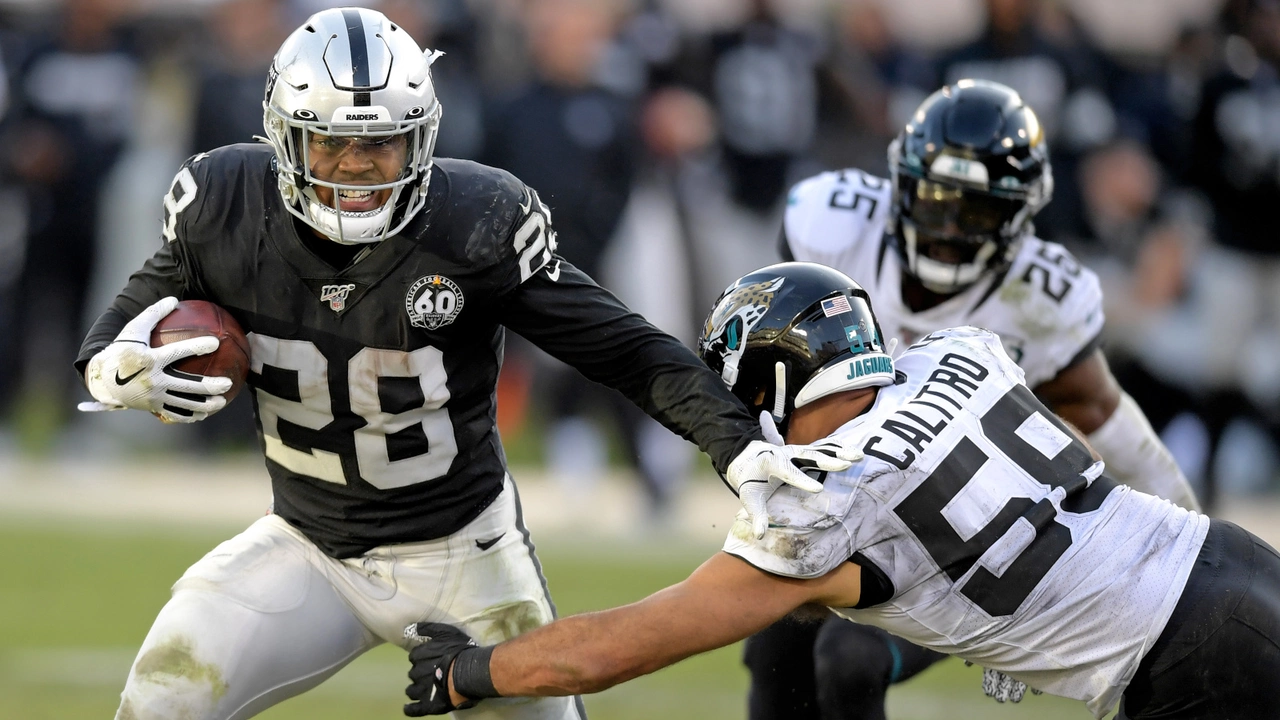Relocation in Sports: Why Teams and Players Move
Ever wondered why a football club suddenly shows up in a new city or why a star player signs with a team far from home? It all comes down to relocation. In sports, moving a franchise or an athlete isn’t just a headline; it’s a mix of money, fans, facilities, and personal goals.
What drives a team to relocate?
First, money talks. Owners look at stadium revenue, sponsorship deals, and market size. If a city can’t fill the seats or pay enough for a modern arena, the team might pack up and head to a place that promises better ticket sales. Second, stadium issues are a big factor. When a lease runs out or a stadium needs costly upgrades, the club may decide a fresh start is cheaper than a massive renovation.
Third, market potential matters. A tiny town can’t support a top‑flight club the way a larger metro area can. Expanding into a bigger market means more fans, more TV contracts, and bigger brand deals. Finally, local politics can push a move. Tax incentives, stadium funding promises, or a city’s willingness to give a team a financial break can tip the scales.
Why athletes relocate and how it affects them
Players move for different reasons. A big contract offer is obvious, but family, lifestyle, and career outlook play huge roles. Some athletes want to be closer to home, others chase a championship chance. A club’s facilities, coaching staff, and medical support also influence the decision.
When a player relocates, it’s not just about signing a new jersey. They must adapt to a new city, find schools for kids, and get used to a different fan culture. That transition can affect performance on the field, so clubs often help with housing, community introductions, and language lessons for overseas moves.
Fans feel the sting of relocation too. Losing a beloved team can feel like losing a piece of identity. But it can also open doors for new rivalries and fresh excitement in the receiving city. Learning the new local chants, buying the new merch, and showing up on game day helps ease the shift for both old and new supporters.
So, what can you do if your team relocates? Stay connected online, follow the club’s social channels, and attend any farewell events. If you move with the team, explore the new city’s sports bars, meet‑and‑greet sessions, and local fan clubs. Those little steps keep the community spirit alive, no matter the zip code.
In short, relocation in sports is a blend of business strategy and personal ambition. Money, stadiums, market size, and family life all play a part. Whether you’re a fan, a player, or just a curious observer, understanding these drivers makes the moves feel less random and more logical. Keep the conversation going, share your thoughts, and enjoy the game wherever it lands.





